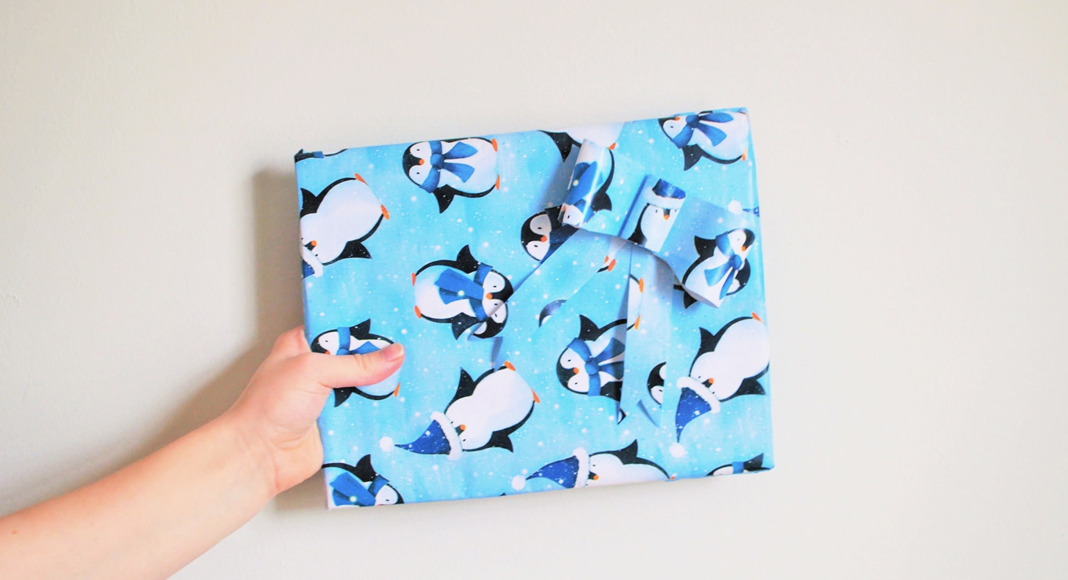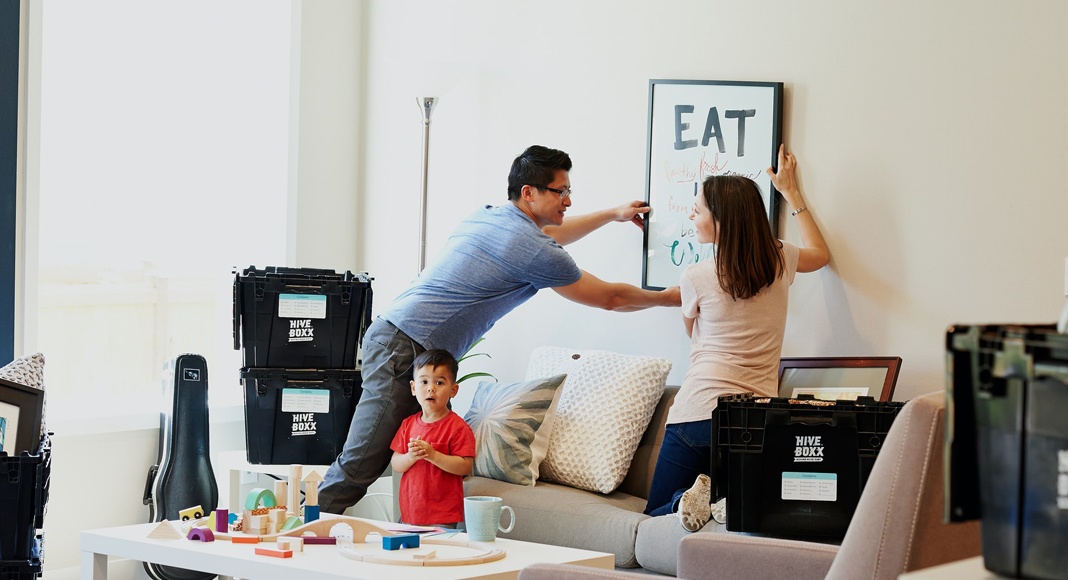As a Level II Trauma Program, EIRMC cares for people who need critical care because of traumatic injuries. In my role as the Trauma Injury Prevention Coordinator at EIRMC, I hope to educate people on how to prevent disability and death, so that they are never in a position to need our trauma services!
Did you know that falls are the most common cause of trauma and one of the leading reasons that people visit the EIRMC ER?
Certainly, younger people can be hurt when they fall but older people are at serious risk of major injury and even death when they take a tumble, even if they’re already close to the ground. As the Trauma Injury Prevention Coordinator at EIRMC, I see far too many people seriously injured by falls… when it might have been avoided with a few easy household modifications.
Since 60% of falls happen at home, look for areas and items that may cause a fall the next time you visit the seniors you love. When it comes to falls, prevention truly is the best medicine!
Outside
Snow and Ice
A lot of falls happen outside during the winter. Keep walkways clear of ice and snow, use ice melt and keep a snow shovel within reach. It’s also important to wear proper shoes and clothing. Ever heard of walking like a duck to avoid a fall? Move slow and steady, and distribute your weight equally as you move forward.
Ladders
Ladders can cause severe trauma; consider not using them at all! If a ladder is used, make sure it’s short and sturdy with an anti-slip surface and a handrail. Never stand on a table or chair!
Sidewalks and patio
Make sure sidewalks and the patio have an even surface. It might be helpful to paint edges of outside steps with a bright color to note where sudden drops are, and use a non-skid mat and handrails on steps.
Inside the house
Bathrooms
A majority of falls happen in bathrooms when at home. Use a non-slip mat or non-slip strips inside and outside the tub or shower, install handrails in the shower to help your loved ones get in and out, and keep floors clear of water, powder and all items.
Bedrooms
Chances are, your grandparents get up frequently at night. Make sure they turn on a bedroom lamp, have a night light installed, or keep a flashlight on the nightstand. Help keep glasses within reach of the bed, and make sure the bed is the right height to easily get in and out of.
Consider, too, placing a sturdy chair in the bedroom to sit on while dressing or grooming.
Kitchen
Put items that are used frequently within reach; you don’t want Grandma reaching for something high on a shelf where she may lose her footing. Clean up spills of all kinds (even non-liquid) immediately.
Floors
Make sure floors are clear of items that can be a tripping hazard. Think about pets and pet toys; kids’ toys; clothing… anything that isn’t supposed to be there!
Rugs might be pretty, but they can be a serious tripping hazard; consider getting rid of them altogether. If not, place slip-resistant pads under rugs, and tape rug corners if they are coming up.
When there’s a spill of any kind, clean it up immediately. We typically think about someone slipping on water, but what about flour in the kitchen or power in the bathroom?
Lighting
Make sure all light bulbs are working, and replace burned out ones. Make sure there are light switches by the doors and at the top and bottom of stairs.
In areas that are hard to see, and add a nightlight (think to hallways, bathrooms, and bedrooms). Even a bedside lamp or flashlight can help when they get up in the middle of the night.
Encourage your loved ones to turn on outdoor lighting before leaving the house at night.
Chairs
Does your loved one have a difficult time getting in and out of a chair? It’s important that chairs are sturdy with armrests, and are a proper height to get in and out of. If getting in and out of a chair is really difficult, consider a lift chair.
Personal
Pets
There’s lots of research that shows that pets can bring immense joy and purpose to seniors. But… they can also cause falls! Large pets can knock people down, and small pets can get underfoot, becoming a tripping hazard. Ideas to help: place a bell on the pet’s collar so they can be heard and do not leave pet toys strewn around the room. If pets dig outside, fill in holes so the yard is level. Only walk a trained pet on a leash.
Clothing and Footwear
Did you know ill-fitting clothes and shoes could cause someone to fall? Avoid this by wearing proper fitting clothing and shoes. Not too big, nor not too tight. Shoes should have non-slip soles, patterned tread and flat heels. Wear proper shoes when outside (no slippers or flip flops!). Sit down while dressing.
Glasses, Hearing Aids and Assistive Devices
Do your grandparents require these? If so, they need to wear them! Canes and walkers are helpful if you notice balance issues. They may also benefit from a “reach stick” to pick up items so they don’t need to bend or stoop.
So, now you’re armed with all the info. It’s time to do a house-wide audit (with your grandparent’s permission, of course!)
Maybe it’s a fun Bingo game to bring together the generations!
|
B |
I | N | G | O |
| Bathroom handrails in place. | Kitchen floor is clear and dry. | Light switch at the top and bottom of stairs. | Glasses on if needed. | Ice- melted with ice melt. |
| Bathtub/shower has non-slip strips. | Rugs have slip resistant pad underneath, corners taped off. | Night light in hall, bathroom and bedroom. | Grandparents using walker if needed. | Steps-have handrails, proper lighting and are even. |
| Bedroom has a flashlight or lamp by the bed. | Pets have a bell on their collar and their toys are in a pet toy box. | x | Clothes fit properly. | Lawn-free of holes, toys, tools and hose. |
| Bed is a height that is easy to get in and out of. | Frequently used appliances are in reach in the kitchen. | Glasses in reach by the bed at night. | Ladder is short, sturdy with handrails. | Sidewalk-nothing on the sidewalk. |
| Bathroom floor is clear and dry. | Socks have a non-slip side. | Bed height is easy to get in and out of. | Chair is easy to get in and out of. |
Shoes- using proper shoes outside. |
Contributing Author: Tonya Rupe
Tonya Rupe is the Trauma Injury Prevention Coordinator at EIRMC. She has been a RN for 20 years, with experience in Wound Care, NICU and the Medical Floor. Thirty years ago, she was an EMT when she received a devastating medical diagnosis for her unborn daughter. When born, Tonya’s daughter spent the first few months of her life in the NICU and underwent surgery at 4 days old. This experience was so impactful that she chose to attend nursing school soon after.
NICU and the Medical Floor. Thirty years ago, she was an EMT when she received a devastating medical diagnosis for her unborn daughter. When born, Tonya’s daughter spent the first few months of her life in the NICU and underwent surgery at 4 days old. This experience was so impactful that she chose to attend nursing school soon after.
Tonya has been married for 35 years and they have a son, and daughter and a bonus daughter (in-law), and two grandsons. Tonya’s goal is to ensure her grandsons are always safe and protected, whatever may come their way.












